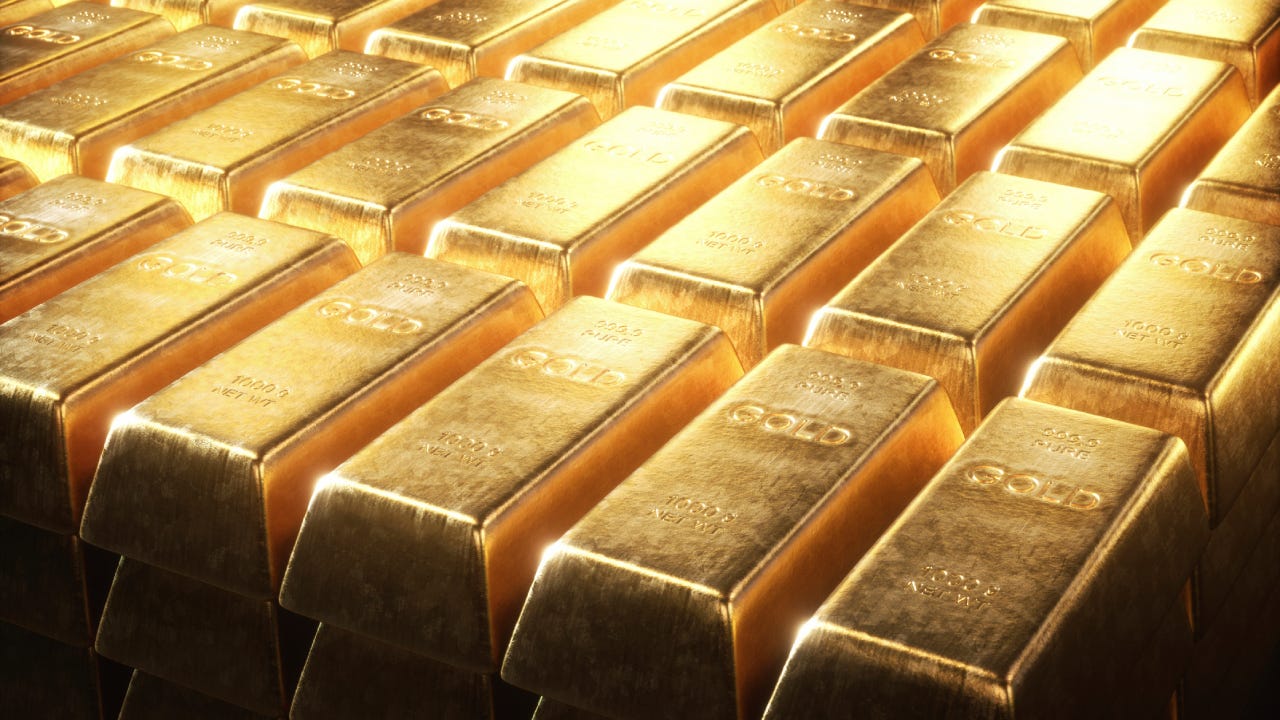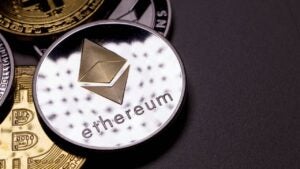Best commodity ETFs

Investors often look to commodities for portfolio diversification or to hedge against inflation. Holding commodities directly can be complex and expensive, so investing through exchange-traded funds (ETFs) is a great way to simplify the process.
What are commodities?
Commodities are goods such as gold, oil, natural gas and various agricultural products. Commodities are often used as inputs in the production of other products in many different areas of the economy.
Investing in commodities can provide diversification benefits to a portfolio because they often move in opposite directions to traditional assets such as stocks and bonds. Many investors also view commodities as a way to hedge against inflation because their prices often rise when inflation is high.
Here are some of the top commodity ETFs to consider for your portfolio.
Top commodity ETFs
*Data as of May 7, 2025
Invesco Optimum Yield Diversified Commodity Strategy No K-1 ETF (PDBC)
This actively managed ETF invests in commodity-linked futures and other instruments that provide exposure to a diverse group of heavily traded commodities. The fund aims to exceed the performance of an index composed of futures contracts on commodities across the energy, precious metals, industrial metals and agriculture sectors.
- 5-year annualized return: 15.8 percent
- Expense ratio: 0.59 percent
- Assets: $4.4 billion
iShares S&P GSCI Commodity-Indexed Trust (GSG)
This fund provides exposure to a broad range of commodities and aims to track the performance of a fully collateralized investment in futures contracts on an index made up of a diversified group of commodities futures.
- 5-year annualized return: 19 percent
- Expense ratio: 0.75 percent
- Assets: $885.2 million
SPDR Gold Shares (GLD)
This ETF gives investors a relatively low-cost way to invest in gold. The ETF is the largest physically-backed gold ETF in the world with tens of billions in assets under management.
- 5-year annualized return: 14.7 percent
- Expense ratio: 0.40 percent
- Assets: $102.2 billion
iShares Silver Trust (SLV)
This fund aims to generally reflect the price performance of silver while providing convenient, cost-effective access to physical silver.
- 5-year annualized return: 16.8 percent
- Expense ratio: 0.50 percent
- Assets: $14.8 billion
United States Oil Fund (USO)
The United States Oil Fund’s investment objective is for its daily percentage change in its shares’ NAV to reflect the daily changes in the spot price of light sweet crude oil delivered to Cushing, Oklahoma, as measured by the Benchmark Oil Futures Contract. Over 30 successive valuation days, it aims to be within 10 percent of the change in the futures contract over the same period.
- 5-year annualized return: 25.4 percent
- Expense ratio: 0.70 percent
- Assets: $1.1 billion
United States Natural Gas Fund (UNG)
The United States Natural Gas Fund is designed to track the movements of natural gas prices. The fund aims to track the daily changes in percentage terms of the price of natural gas delivered at the Henry Hub, Louisiana.
- 5-year annualized return: -20.3 percent
- Expense ratio: 1.24 percent
- Assets: $340.8 million
Invesco DB Agriculture (DBA)
This fund is designed to track changes in a diversified agricultural index composed of futures contracts on some of the most popular agricultural commodities such as cocoa, soybeans, corn, coffee and sugar.
- 5-year annualized return: 16.6 percent
- Expense ratio: 0.85 percent
- Assets: $821.8 million
Editorial Disclaimer: All investors are advised to conduct their own independent research into investment strategies before making an investment decision. In addition, investors are advised that past investment product performance is no guarantee of future price appreciation.
Why we ask for feedback Your feedback helps us improve our content and services. It takes less than a minute to complete.
Your responses are anonymous and will only be used for improving our website.





